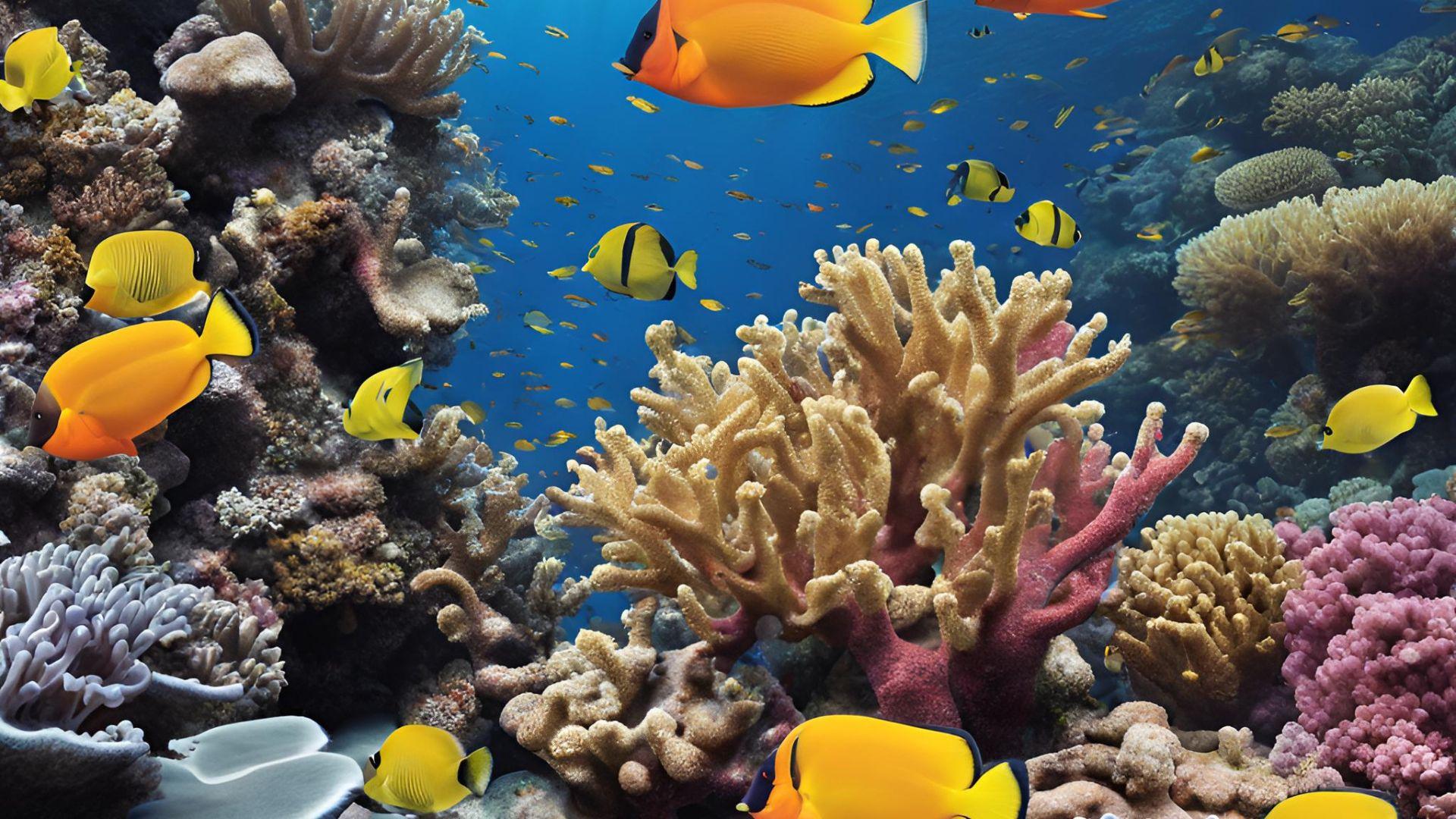Biodiversity refers to the variety of life forms on Earth, including plants, animals, fungi, and microorganisms. It encompasses the different species, their genetic diversity, and the ecosystems they form. This article explores why biodiversity is crucial, how it benefits humanity, and the threats it faces today.
1. Ecological Balance
Biodiversity helps maintain the balance of ecosystems. Each species plays a unique role in its habitat. For instance:
- Predators control prey populations, preventing overpopulation of certain species.
- Pollinators like bees help plants reproduce, ensuring food for herbivores and humans alike.
- Decomposers like fungi break down dead organic matter, recycling nutrients back into the soil for plants.
Without this balance, ecosystems can collapse, leading to loss of resources, destabilization, and even extinction of certain species.
2. Economic Value
Biodiversity has tremendous economic value:
- Agriculture: Genetic diversity in plants and animals provides crops and livestock that are more resistant to diseases and pests. Varieties of crops like wheat, rice, and maize originate from wild species.
- Pharmaceuticals: Many medicines, such as aspirin (from willow trees) and penicillin (from fungi), are derived from natural sources.
- Tourism and recreation: Many economies depend on biodiversity for tourism, such as wildlife safaris, birdwatching, or nature hiking.
The loss of biodiversity could have far-reaching economic consequences, affecting food security, healthcare, and industries dependent on natural resources.
3. Cultural and Aesthetic Value
Biodiversity enriches human cultures by providing inspiration, identity, and spiritual significance. Many societies around the world consider animals, plants, and ecosystems sacred or symbols of their heritage. Furthermore, the beauty of diverse species and ecosystems contributes to human well-being and happiness.
4. Ecosystem Services
Biodiversity provides essential services that sustain life on Earth. These services include:
- Pollination: Insects like bees, butterflies, and birds pollinate crops, which is crucial for food production.
- Climate regulation: Forests and oceans act as carbon sinks, absorbing CO₂ and regulating the Earth’s climate.
- Water purification: Wetlands filter pollutants from water, providing clean drinking water.
- Soil fertility: Healthy ecosystems promote soil formation and nutrient cycling, necessary for agriculture.
Without these services, the Earth’s ecosystems would be unable to function properly, impacting human survival.
5. Threats to Biodiversity
Biodiversity is under threat from human activities. The major threats include:
- Habitat destruction: Urbanization, deforestation, and agriculture lead to habitat loss, forcing species into smaller areas or driving them to extinction.
- Climate change: Shifting weather patterns disrupt ecosystems, leading to species migration or extinction.
- Pollution: Contamination of air, water, and soil harms wildlife and their habitats.
- Overexploitation: Overfishing, hunting, and harvesting of resources like timber lead to the decline of species populations.
- Invasive species: Non-native species introduced by humans can outcompete native species for resources, leading to biodiversity loss.
6. The Role of Conservation
To protect biodiversity, conservation efforts are vital. These efforts include:
- Protected areas: Establishing national parks, wildlife reserves, and marine sanctuaries to safeguard habitats and species.
- Sustainable practices: Promoting sustainable agriculture, forestry, and fishing to reduce the impact on ecosystems.
- Restoration projects: Rehabilitating degraded ecosystems to restore biodiversity.
- Community involvement: Encouraging local communities to participate in conservation through education and incentives.
7. Biodiversity and Climate Change
Biodiversity plays a crucial role in both mitigating and adapting to climate change. Diverse ecosystems are more resilient to climate shocks, such as droughts and floods. Forests, mangroves, and coral reefs act as natural buffers against extreme weather events. However, as climate change accelerates, it disrupts ecosystems, and species that cannot adapt quickly enough face extinction.
Conclusion
Biodiversity is the foundation of life on Earth, providing ecological, economic, and cultural benefits. Its loss would have devastating effects on the environment, human health, and global economies. Protecting biodiversity through conservation, sustainable practices, and climate action is not only essential for the planet but also for future generations. Every species, no matter how small, plays an important role in the web of life, and their survival ensures the continued health and functioning of Earth’s ecosystems.

